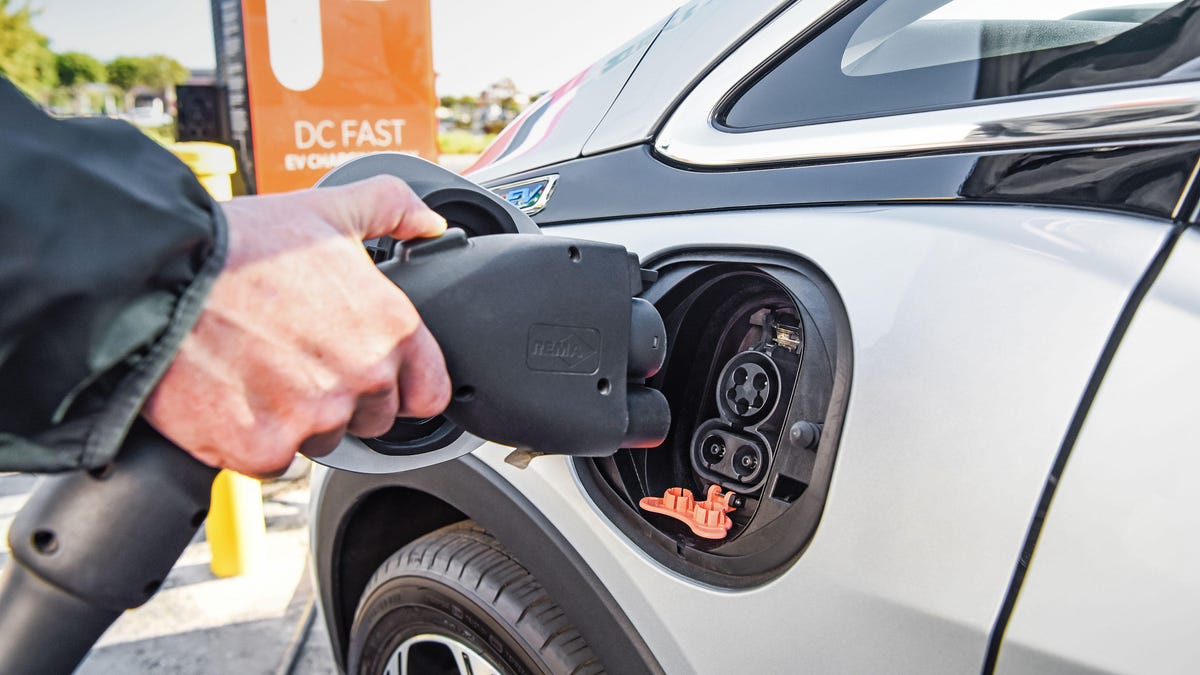Honda, GM partner on next-gen electric-car battery development
Honda will source the batteries from GM for North American vehicles.

Honda and GM are developing batteries that take up less space and can be charged more quickly.
Honda and General Motors announced today that the two companies will work together on developing "next-generation" battery technology for future electric cars . The new batteries are said to have advanced chemistry that allows for higher energy density, smaller packaging and faster recharging.
Though no timeline is specified, GM and Honda say that these batteries will "mainly" be used for North American vehicles. Though Honda will source the batteries from GM, both companies will be able to use the battery technology in its own, unique vehicles. The shared development process is also promised to "provide greater value" -- i.e. lower prices -- to customers.
"GM's decades of electrification experience and strategic EV investments, alongside Honda's commitment to advancing mobility, will result in better solutions for our customers and progress on our zero emissions vision," Mark Reuss, GM executive vice president of global production development, said in a statement.
Honda's current all-electric vehicles are the Fit EV and the Clarity Electric, while GM offers the Chevrolet Bolt EV. Both automakers also sell hybrid and plug-in hybrid vehicles. We know that GM plans to launch two new electric cars based on Bolt EV technology, with the goal of launching 20 electric cars globally by 2023. For its part, Honda is also part of a Japanese consortium investigating solid-state batteries that could deliver 500-mile driving ranges on a single charge.
The two automakers have already signed up to cooperate on fuel-cell technology, with a joint venture to start producing a new generation of hydrogen fuel-cell vehicles by 2020.

